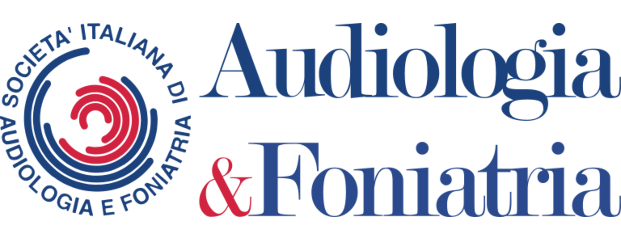Parental responsibility is also related to the right of the child to health. The choice of therapies and surgical or prosthetic interventions to be administered to the child, unable to make autonomous choices, falls mainly within the scope of the parents’ discretion. Since the right to health is an inviolable right of constitutional source (art. 32), the power to authorize health treatments for children falls within the scope of art. 30 of the Constitution. In our country, the administration of health treatments can be ordered by the judicial authority (Constitutional Court January 24, 1991, n.26) to which health professionals can refer in case of denial of parental consent to diagnostic, therapeutic and assistance activities, whose deprivation could cause serious damage to the health of the child. Article 315 bis of the Civil Code provides, not only that “the child has the right to be maintained, educated, instructed and morally assisted by the parents, respecting his/her abilities, natural inclinations and aspirations” (I comma), but also that “the child who has reached the twenties, and even of younger age when capable of discernment, has the right to be heard in all matters and procedures that concern him”. In jurisprudence, there are no known previous cases in which the choice between sign language or re-education to verbal language, or between traditional hearing aid and cochlear implants, have been specifically addressed. I believe that, in light of the positive experiences of recent years, the parents or eventually, the judge can have no doubts about the welfare of child and her future life: the choice can only be in favor of the cochlear implant, possibly to carry out in an early phase, in order to ensure the learning of verbal language.
La responsabilità parentale è correlata anche al diritto del minore alla salute, rientrando principalmente nell’ambito della discrezionalità dei genitori la scelta delle terapie e degli interventi chirurgici o protesici da somministrare al figlio minorenne e come tale incapace di operare scelte autonome. Essendo il diritto alla salute un diritto inviolabile di fonte costituzionale (art. 32), il potere di autorizzare trattamenti sanitari nei confronti dei figli minori rientra nel perimetro dell’art. 30 della Costituzione. Nel nostro Paese la somministrazione dei trattamenti sanitari può essere disposta dall’Autorità giudiziaria (Corte Cost. 24 gennaio 1991, n. 26) cui si possono rivolgere gli operatori sanitari nell’ipotesi in cui il genitore neghi il suo consenso ad attività diagnostiche, terapeutiche ed assistenziali, dalla cui privazione possa derivare grave pregiudizio per la salute del minore. L’art. 315 bis del Codice Civile prevede, non solo che “il figlio ha diritto di essere mantenuto, educato, istruito e assistito moralmente dai genitori, nel rispetto delle sue capacità, delle sue inclinazioni naturali e delle sue aspirazioni” (I comma), ma anche che “il figlio minore che abbia compiuto gli anni dodici, e anche di età inferiore ove capace di discernimento, ha diritto di essere ascoltato in tutte le questioni e le procedure che lo riguardano”. Non abbiamo in giurisprudenza precedenti noti in cui si sia affrontato nello specifico il caso della scelta fra linguaggio dei segni o rieducazione al linguaggio verbale, oppure fra protesizzazione tradizionale e impianti cocleari. Ritengo che, alla luce delle esperienze positive di questi anni, un genitore o eventualmente un Giudice non possano avere dubbi per il benessere del bambino e per la sua vita futura: la scelta non può che essere per l’impianto cocleare, possibilmente realizzato in fase precoce, per l’apprendimento del linguaggio verbale.

 © 2025 Padova University Press - Università degli Studi di Padova
© 2025 Padova University Press - Università degli Studi di Padova